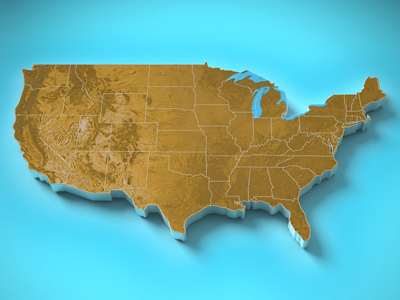
World War One Aftermath: The Peace Settlement - Reactions Of Britain, USA, France, Italy And Germany
This World History quiz is called 'World War One Aftermath: The Peace Settlement - Reactions Of Britain, USA, France, Italy And Germany' and it has been written by teachers to help you if you are studying the subject at senior high school. Playing educational quizzes is one of the most efficienct ways to learn if you are in the 11th or 12th grade - aged 16 to 18.
It costs only $12.50 per month to play this quiz and over 3,500 others that help you with your school work. You can subscribe on the page at Join Us
The peace treaty that was signed at Versailles in June 1919, bringing World War One to its close, was inevitably a compromise. None of the major signatory powers was very pleased with the settlement, and reactions in Germany were especially bitter, as she had not been allowed to take any part in the negotiations.
Ready for more?
not all...
quizzers. Try to win a coveted spot on our Hall of Fame Page.







